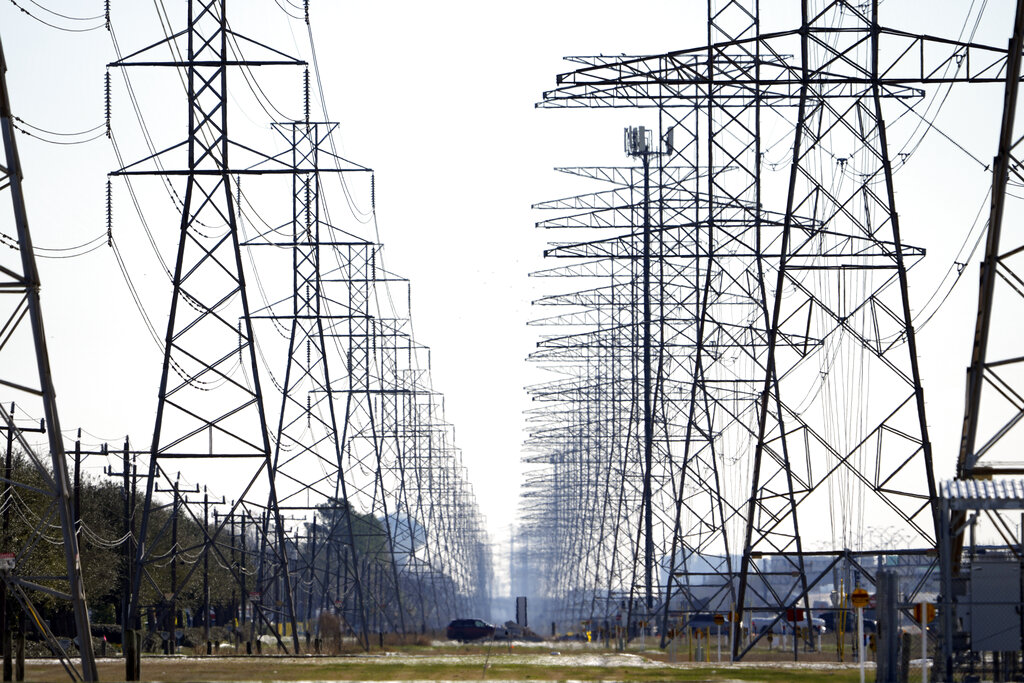Ryan Chandler and Lizzie Jensen
2 hours ago
AUSTIN (Nexstar) — The Senate Committee on Business and Commerce met Wednesday morning to review the state of the electric grid, the impact of last year's investments in power generation, and the energy needs of the bitcoin and artificial intelligence sectors. convened to hear startling statistics about .
ERCOT CEO Pablo Vegas told lawmakers that a single graphics processing unit, a core technology for artificial intelligence (AI), uses as much power as an average home would use in an entire year. Is. He compared an AI company's energy demand to bringing half a million homes on the grid instantly.
Bitcoin mining facilities – stacked with thousands of computers to generate cryptocurrency – likewise demand electricity equivalent to millions of homes.
The information drew a stark warning from Lt. Gov. Dan Patrick about the growing industry, pointing to potential regulations and limitations.
“We need to take a hard look at these two industries. They create very few jobs compared to the incredible demands on our grid,” he wrote on social media. “Texans will ultimately pay the price. I'm more interested in building a grid to provide service to consumers in their homes, apartments and general businesses and keeping the cost to them as low as possible, rather than for industries where there is a high demand for electricity and few jobs are created.”
Patrick tasked the committee with analyzing grid demands and future supply opportunities, as well as reviewing the implementation of laws passed last year to improve the grid. Last session, lawmakers approved a “Texas Energy Fund” to encourage oil and gas producers to build more capacity. As of the end of May, the Public Utilities Commission reported that 125 projects had applied for loans, equivalent to about $40 billion that would bring about 56,000 megawatts of electricity to the grid.
“This is a monumental step forward. And I believe it's the start of new steel in the ground over the next three to four years,” said Charles Schwartner, chairman of Business and Commerce.
The committee also plans to study the future of power needs and focus on reducing barriers to new power and infrastructure projects. Members will likely look for ways to streamline the process for future legislation and monitor the progress of ongoing projects and how they will affect electricity prices for consumers.
Interim charges are assignments made by the speaker and lieutenant governor to House and Senate committees when the legislature is not in session. These tasks include studying specific problems and suggesting solutions for the next session. This period also allows advocates and stakeholders to influence policy decisions in the hope that they will be addressed in future meetings.
